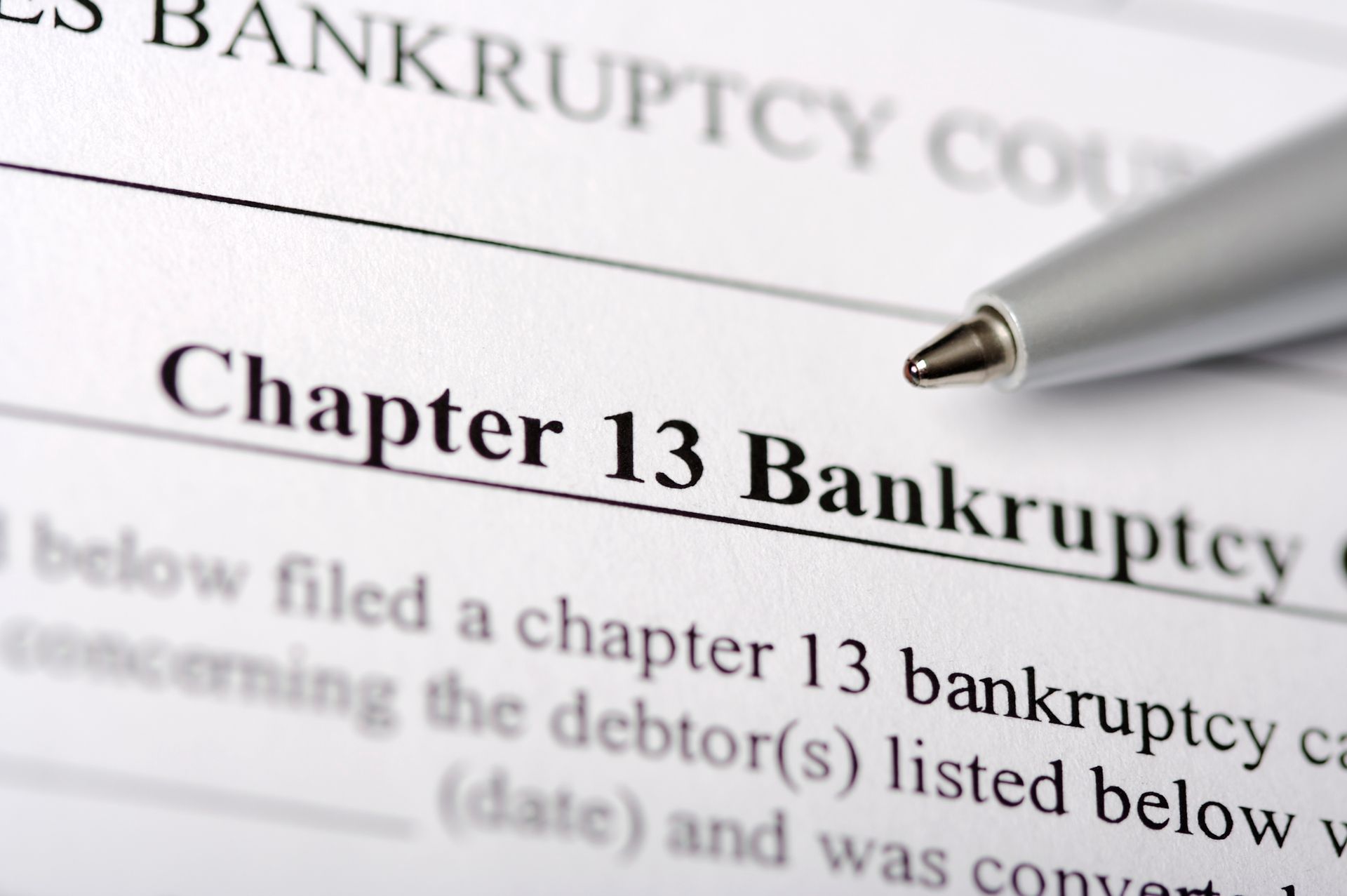Get Your Debts Discharged with the Right Chapter 7 Attorney in Monmouth County NJ

Bankruptcy offers a new financial start to individuals struggling with overwhelming debt. But not everyone who files for bankruptcy gets this fresh start. It is increasingly common for individuals filing for Chapter 7 bankruptcy to have their petition denied before their case can even begin. We live in a culture of DIY. And while a do-it-yourself attitude can save you money when it comes to small house projects or crafting, it isn’t exactly the best approach to bankruptcy. Veitengruber Law is an experienced Chapter 7 attorney in Monmouth County, NJ. We have been helping NJ residents get a Chapter 7 discharge for over a decade.
Working with the right bankruptcy attorney can make a crucial difference in the result of your bankruptcy petition. If you want to get your debts discharged, this is how an experienced attorney like Veitengruber Law can help:
Why can bankruptcy be denied?
A bankruptcy petition can be denied for many reasons, most of which have nothing to do with whether you are actually qualified to receive a bankruptcy discharge. There are dozens of forms, laws, court orders, and requirements that must be filled out or responded to correctly. Missing just one item or notification can result in your case being dismissed.
There are three main reasons that a bankruptcy will be denied or dismissed:
1. Your circumstances do not meet Chapter 7 requirements and rules.
2. Your filing is missing documentation, information, or a required form.
3. You are unwittingly—or deliberately—trying to defraud the system.
Ultimately, the court holds the power to decide whether or not your bankruptcy will result in a discharge. It is critical to provide the court with all requested information, as well as any additional information that you believe is relevant to your case. There are crucial deadlines that must be met and documentation that must be submitted. Even a minor slip-up can result in your case being denied.
However, nearly 99% of Chapter 7 cases that move through the entire court process receive a discharge in the end. What is the key difference between these cases and those that are denied? Typically, it is an experienced and knowledgeable bankruptcy attorney.
Here are some ways a bankruptcy attorney at Veitengruber Law can ensure your Chapter 7 bankruptcy ends in a discharge:
1. Proper Filing
An improper filing is the number one reason bankruptcy petitions are denied or dismissed. There are many reasons the court might label your petition as an improper filing. Some of these reasons include:
- Seeking discharge under Chapter 7 as a business or entity: Only individuals can receive discharge of debts under Chapter 7 bankruptcy. While businesses, corporations, and other entities can file for Chapter 7, they can only do so to liquidate their assets and pay back creditors.
- Mistakes and omissions in filing documents: The amount of paperwork and documentation that goes into a successful bankruptcy can be overwhelming. One small mistake, omission, or missing document can result in your entire case being thrown out. Attention to detail and meticulous tracking of everything required for your filing is paramount to your success.
2. Filing at the Right Time
The timing of your filing is essential and can make the difference in the success of your case. Federal law outlines the timeframe for repeat filings of bankruptcy. If you have already received a successful discharge under Chapter 7 bankruptcy, you must wait eight years from the discharge date before you can file for discharge under Chapter 7 again. If you previously received a discharge under Chapter 13 bankruptcy, you must wait six years from the date of discharge to file again.
Even if you did not receive a discharge but did file for bankruptcy, there are rules for when you can file again. If your case was denied, dismissed, or if you voluntarily withdrew, you must wait 180 days before reapplying. Disregarding these timeframes will result in the automatic denial of your discharge.
3. Passing the Means Test
The means test is a two-part process intended to determine if you qualify for discharge under Chapter 7 bankruptcy. Put simply, the means test proves to the bankruptcy court that you do not have the means to pay back your debts.
The first step of the means test takes a look at your gross income for the six months leading up to your filing. This is your household income, so if your spouse lives with you, then you must include their income. If your gross household income is below the median income for your state, you are eligible for Chapter 7 bankruptcy. The median income for NJ is $101,050 for households and $47,833 for individuals.
If your income is not below the median household or individual income for your state, then you move on to part two of the means test. You will look at how your income compares to your assets and expenses to come up with a complete picture of your financial reality. To proceed, you will need to complete numerous forms and have a solid understanding of IRS rules regarding exempt and nonexempt expenses. Sometimes these exemptions can also vary by state. This calculation is not simple, and working with a skilled bankruptcy lawyer can help you discover your eligibility based on the means test.
4. Preventing Dishonesty and Fraud
While it is typically not the intention of those filing for bankruptcy to be dishonest in their filing, it does happen. Compiling a full accounting of your finances without leaving anything out can be more complex than it sounds. It can also be tempting to fudge the numbers a bit to make your financial situation appear more dire. Some people attempt to retain property and assets by “gifting” them to friends and relatives in the weeks and months preceding a filing for bankruptcy.
However, the court will dismiss your case if it believes you have been dishonest, even if the dishonesty resulted from an error rather than a deliberate attempt to deceive. There are specific laws in place to prevent filers from withholding financial information or attempting to hide assets and income. If you are found trying to defraud the court, you can face legal consequences. A bankruptcy attorney can help you avoid making these disastrous mistakes, ultimately saving you time and money in the long run.
If you have an excess of time, patience, commitment, and understanding of “legalese”, it may be possible for you to file for bankruptcy on your own. But filing for bankruptcy without a legal representative opens you up to increased risk. For many, turning bankruptcy into a full-time job is not an option. You have a family, a career, and a life outside of your bankruptcy case that still need your attention. Not to mention, the stress of going through bankruptcy can become overwhelming, especially if you are trying to take on the process alone.
Working with an experienced bankruptcy attorney like the Veitengruber Law firm can take some of that stress off your plate and ensure that you have the best odds of getting your debts discharged. We are equipped with in-depth knowledge of the law, court procedures, and legal remedies for even the most precarious of financial situations. When you work with the right bankruptcy attorney, you can get on the road to a brighter financial future with fewer bumps.










